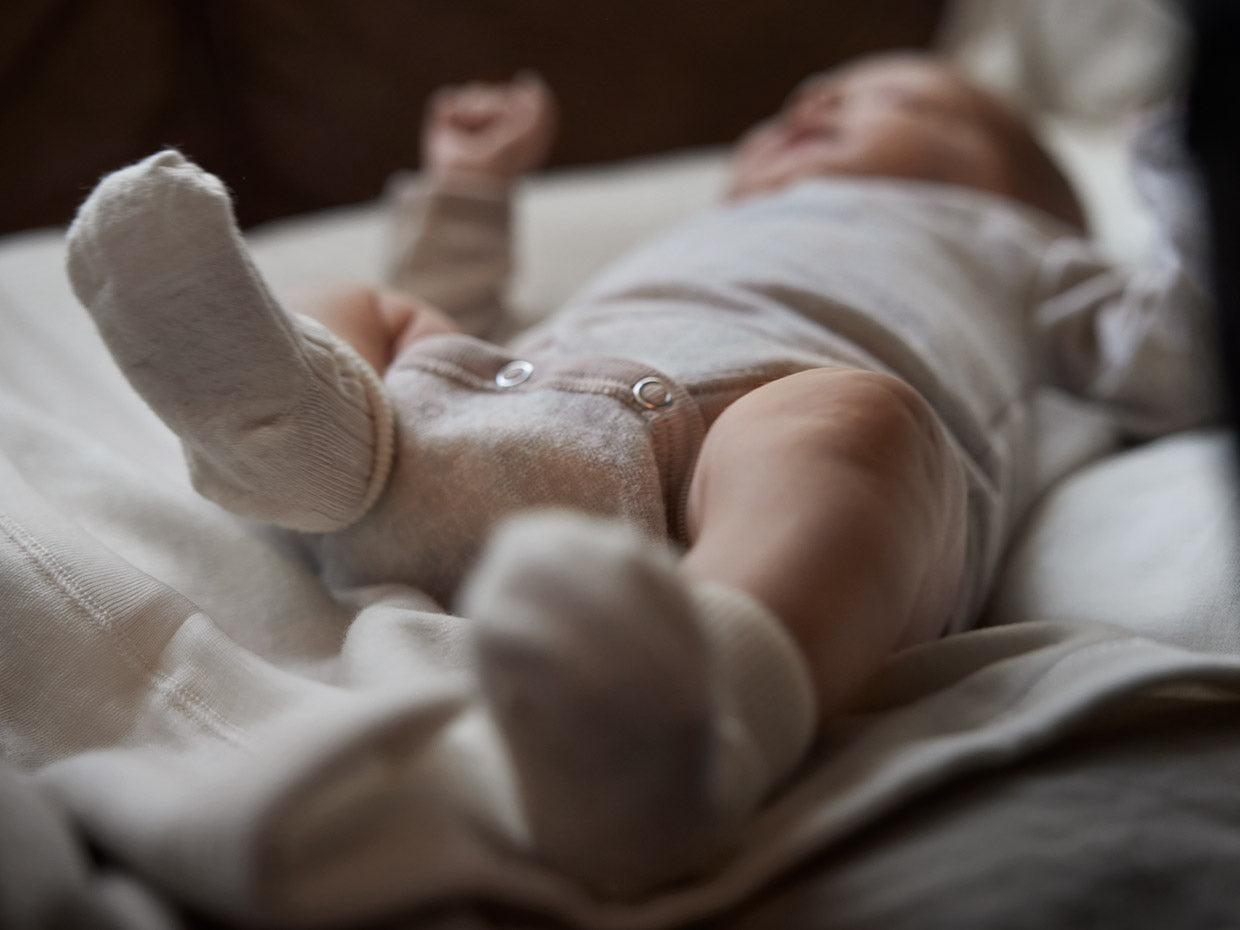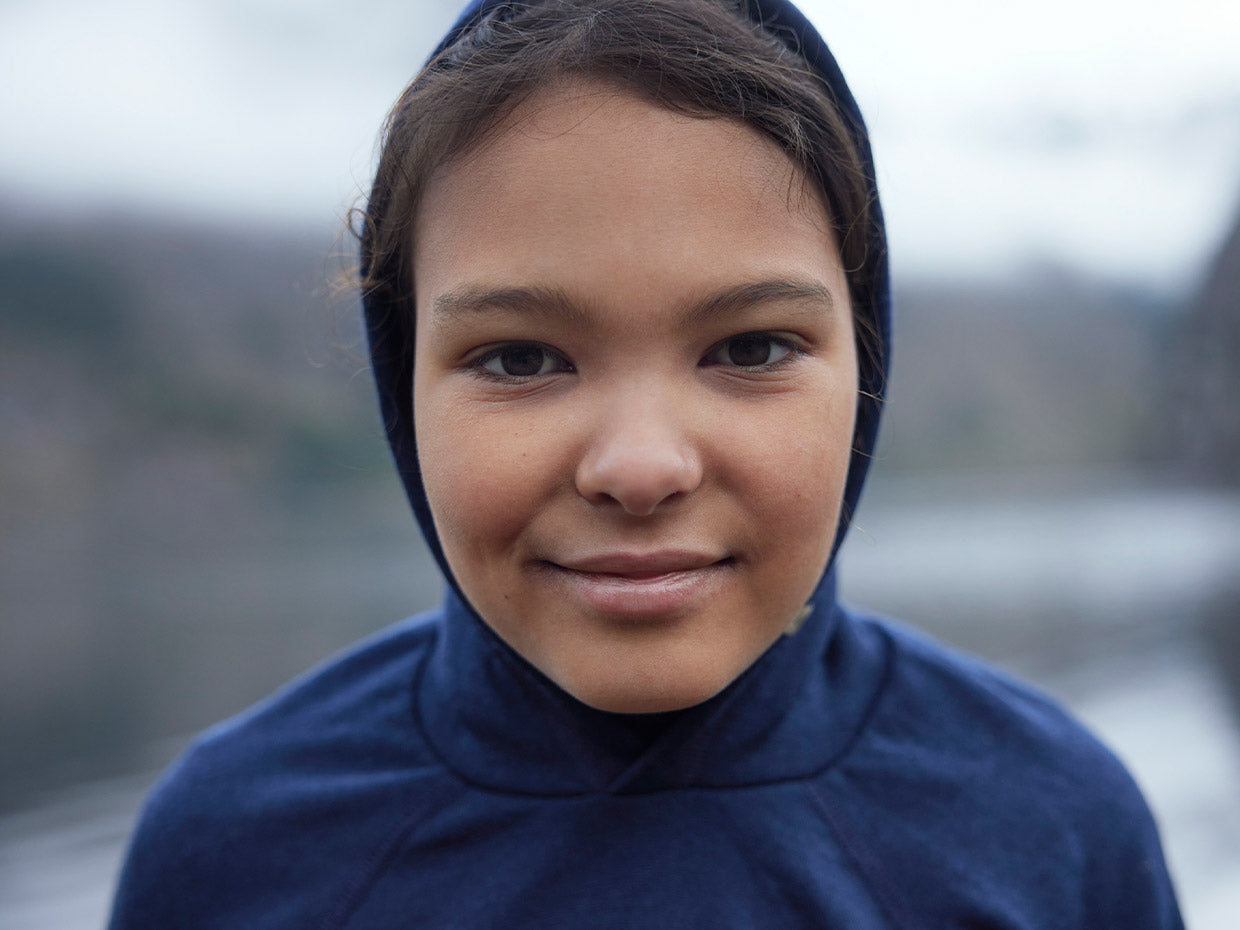Using woolen clothing reduces the risk of more plastic in the ocean.
Release to water: Clothing made of wool reduces the release of plastic into the sea. This is stated by the Norwegian Institute for Consumer Research (SIFO) in its report, which you can read here .
Energy consumption: Woolen clothes are washed at low temperatures, which requires less energy than washing at higher temperatures. Woolen clothes often only need airing and therefore do not need to be washed as often as other clothes. This also saves energy.
Waste management: Wool is easy to recycle and breaks down quickly. Synthetic garments have a long decomposition time. At Janusfabrikken, we use between 80 and 90 per cent of the fabrics we produce for clothing. What remains is recycled and recycled into hand knitting yarn.
Climate emissions: Janusfabrikken has a large factory in Norway. The electricity we use at the factory comes from hydropower and the factory has no emissions to air or water.
The most important thing we as consumers can do for the climate when it comes to clothes is to buy good and few garments, and to repair, give away and recycle as much as possible when you no longer need the clothes.
Animal welfare: Janusfabrikken and our suppliers fully support and work according to the principles outlined by the IWTO (International Wool Textile Organisation) guidelines for sheep welfare, which are as follows:
1. Freedom from hunger, thirst and malnutrition - through steady access to fresh water and feed sufficient to maintain full health and strength.
2. Freedom from discomfort - by providing a suitably protected and comfortable environment
3. Freedom from pain, injury and disease - by prevention, or rapid diagnosis and treatment, non mulesing.
4. Freedom to express normal behavior - by providing sufficient space, suitable facilities and company of the animal's own species.
5. Freedom from fear and distress - secure conditions and treatments imposed, avoid mental suffering.




